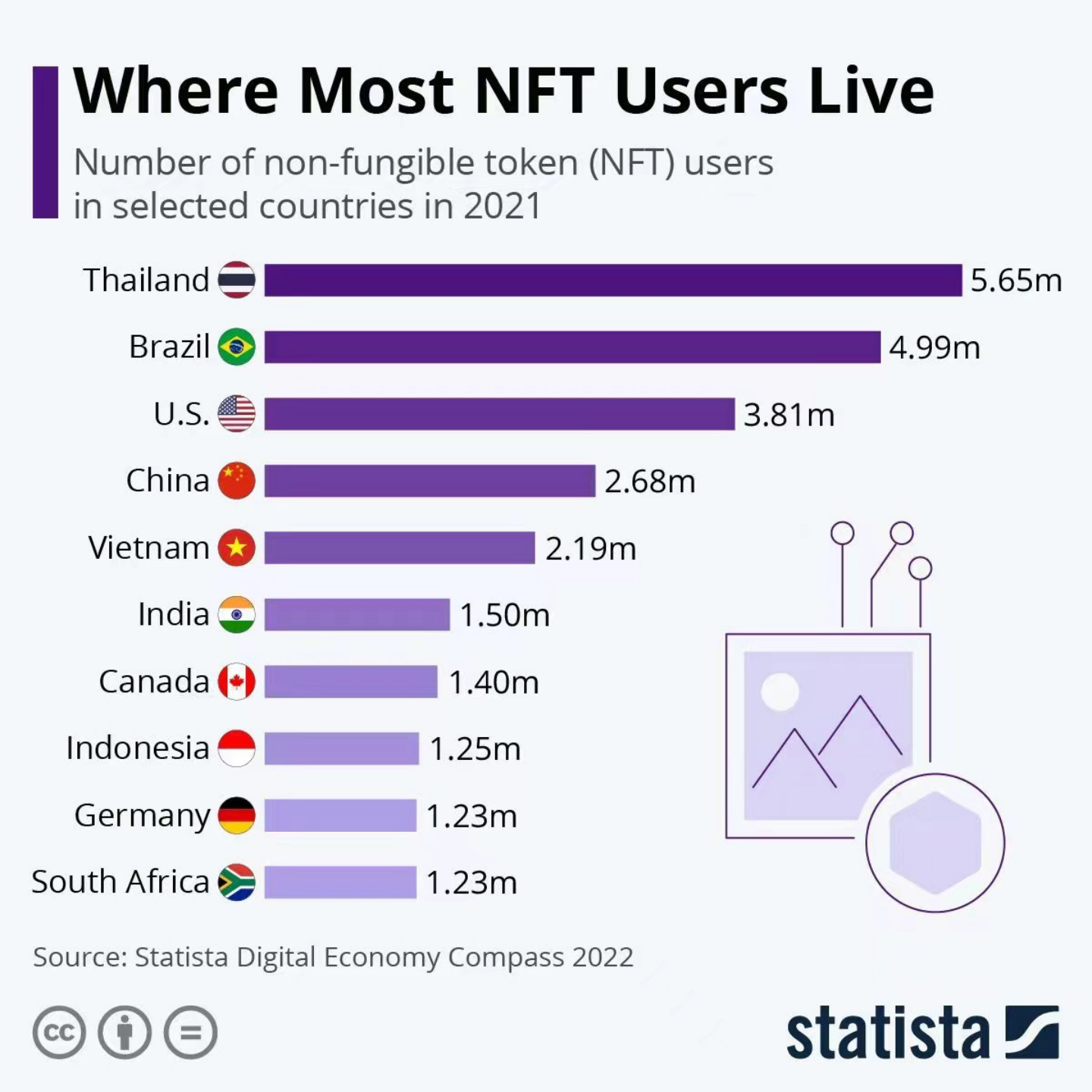Abstract:
As a Chinese crypto entrepreneur, I sometimes feel that myself and my fellow countrymen are treated as “second-class citizens” in crypto. This has me feeling a bit frustrated and lost.
Here are two posts in Chinese arousing a heated discussion during token 2049, and I translate them here to kick off the context and comment below.


1.Political factors have displaced many Chinese crypto entrepreneurs. As a result of this, they are forced to go abroad to develop their projects.
2.The phenomenon of differential treatment or even discrimination against Chinese crypto projects exists objectively. At this stage, due to these political factors, there is a serious lack of new industrial opportunities in China, which makes the inherently “internationalized” web3 a “Utopia” in the minds of many Chinese entrepreneurs, resulting in a serious oversupply of projects. China has such a large population that the number of high-level intellectuals who have entrepreneurial intentions and have the capacity to start a business is more than ten times that of the American population.
3.Another important reason for the excess supply of China’s projects is that there is excess execution, lack of imagination, clustering, and “deformation of action.” What impressed me most is that when I was at Stanford, I joined the Stanford Bitcoin Club very early (few people know that the current Stanford blockchain club was formed by the merger of two clubs). I remember that in the spring, next to the Stanford bookstore, a fireside chat was organized once (please note that this was before 2017, the world and even China traded crypto in fiat currency, and USDT had not entered the public eye at all). I remember that a member said at the time that stablecoins are a huge opportunity. I questioned, how could a sovereign country allow you to issue stablecoins anchored to fiat currencies, aren’t you taking the Fed’s job? I still remember his answer to this day — “Yes Tony! I am here to fuck the dollar, Fed is shit, and why can’t we make a new crypto-based Fed?” The audience cheered. Every time I see a subversive and innovative crypto project over the years, this sentence comes back to my mind. This is absolutely impossible to take place in China, “I am here to fuck China’s Central Bank!” God, even if this thought flashed in my mind, I would feel like I was crazy.
At the same time, Chinese entrepreneurs are eager for identity and opportunities overseas, but they are seemingly looked down upon by Europeans and Americans, “would you mind taking the back seat?” “Sure I can even sit in the trunk.” This will not gain respect.
4.One reason why China’s domestic capital is not dominant is that the state of the global economy is extremely unstable, another is that, Chinese entrepreneurs tend to overcrowd certain niches, making investors grow tired of hearing pitches for the same thing over and over again. American investors only need to look at 200 projects a year. Through in-depth exchanges, they can find the 5 best projects. OK, and Chinese investors need to look at 2,000 projects a year. In such a short period of time, it makes it more difficult to identify the best. This makes it more likely for good projects to fall between the cracks, which may slow innovation.
5.The cold winter is here, and I think of Beijing in mid-2018. The feasting and feasting, and as Fcoin exhausted the last bit of gas in the industry, all the prosperity, and jollification faded. The biggest difference between this crypto cycle and the last one is that, the macro environment is much worse than that of 2018. However, many web3 companies are still doing relatively well while most of the other industries are rather in garbage these days. Singapore token2049 should be the last carnival in this bear market.
6.When I travel to different places, what I do is to do as the locals do and try to immerse myself in other cultures. What web3 needs are this inclusion rather than confrontation. Binance is the company I admire the most because they are not only thriving in Europe and America, but globally. Every time I go to a country, I try to adapt to the local customs — pub culture in America, business table manners in Korea, soccer enthusiasm in Latin America. I think that all of the countries involved in web3 need to work together a little bit better — Including but not limited to, Southeast Asia (Vietnam, Thailand, Philippines, India, Indonesia), Japan and South Korea, Latin America (Portuguese & Spanish-speaking area), and Africa. Setting aside cultural differences and uniting in the cause that is web3 will make all of us thrive.




